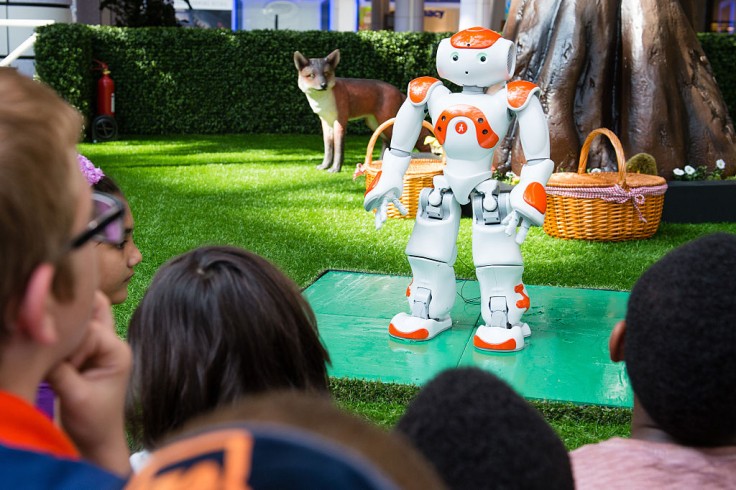
Artificial intelligence (AI), such as ChatGPT, is rapidly becoming a part of our daily lives, and it's not just about robots or self-driving cars.
The technology has been incorporated into educational tools, and as more schools continue to adopt it, parents need to be aware of its impact on their children's education.
ChatGPT is a large language model developed by OpenAI. It is a form of artificial intelligence that is designed to generate human-like text in response to prompts.
AI products, such as ChatGPT, have numerous potential applications, including chatbots, customer service, and language translation.
According to the New York Times, experts believe that exploring AI technology as a family can help children and parents better understand its pros and cons.
The worst thing parents can do is forbid their children from using these new systems, because they are here to stay.
Justine Cassell, a professor in the School of Computer Science at Carnegie Mellon University, recommends that parents assist their children in comprehending the advantages and disadvantages of artificial intelligence.
According to technology and education experts, it is best that parents and children experiment together and navigate technology side by side.
The best thing to do is to get to know the technology and its limitations. But by explaining a few basic concepts, parents can help their kids recognize its strengths and limitations.
How parents can help kids understand the proper use of AI
AI software like ChatGPT can be used for a variety of tasks, including answering questions, generating text, and engaging in conversation.
However, understanding the functioning of the technology powering AI can be challenging for children.
With that, here are a few recommendations for parents to help them navigate this new technology from the Artificial Intelligence Organization:
Talking to Children About AI
Children are naturally curious and want to understand the world around them, and AI is no exception. Parents should not shy away from discussing AI with their children, as it can accelerate their learning and education.
Experts suggest that families explore this technology together, thinking critically about its strengths and weaknesses. When parents give their children context and vocabulary to enable them to understand AI, they can talk about it freely and interact with it in their daily lives.
Integrating AI into our Daily Lives
AI is becoming ubiquitous, with devices like Amazon's Alexa and Google Home already in many households. Parents can take advantage of these devices by using them to help their children learn.
However, parents should be aware of the potential risks of AI in the home, such as cyberbullying, privacy, and security risks. Therefore, they should be proactive in setting up parental controls to protect their children.
Maintain an Ongoing Conversation
Parents need to create an open dialogue with their children about AI, including both its benefits and drawbacks. This will help children develop critical thinking skills and make informed decisions.
Parents should encourage their children to ask questions, and they should be willing to answer them honestly. By doing so, parents can ensure that their children understand the proper use of AI.
Use for Learning
AI can be used to enhance learning and improve education. Parents can leverage AI educational tools to help their children learn, but they should also be mindful of the limitations and risks involved with these tools.
Parents should monitor their children's use of AI educational tools and supplement them with other activities, such as reading books or playing games that don't involve technology.
Setting Up a Parental AI Toolkit
Parents can take advantage of parental control tools to ensure that their children are using AI technology safely.
These tools can help parents monitor their children's activity, set time limits, and restrict access to certain types of content. This is where privacy, safety, and content selection are things parents can exercise control over.
Additionally, parents can tweak the settings on devices like Alexa to restrict access to certain content or services.
In conclusion, AI technology is here to stay, and it's essential that parents help their children understand its proper use for learning.
By exploring AI together as a family, parents can help their children recognize its strengths and limitations, develop critical thinking skills, and make informed decisions.
Parents should embrace AI, but they should also be aware of the potential risks and take the necessary steps to protect their children.